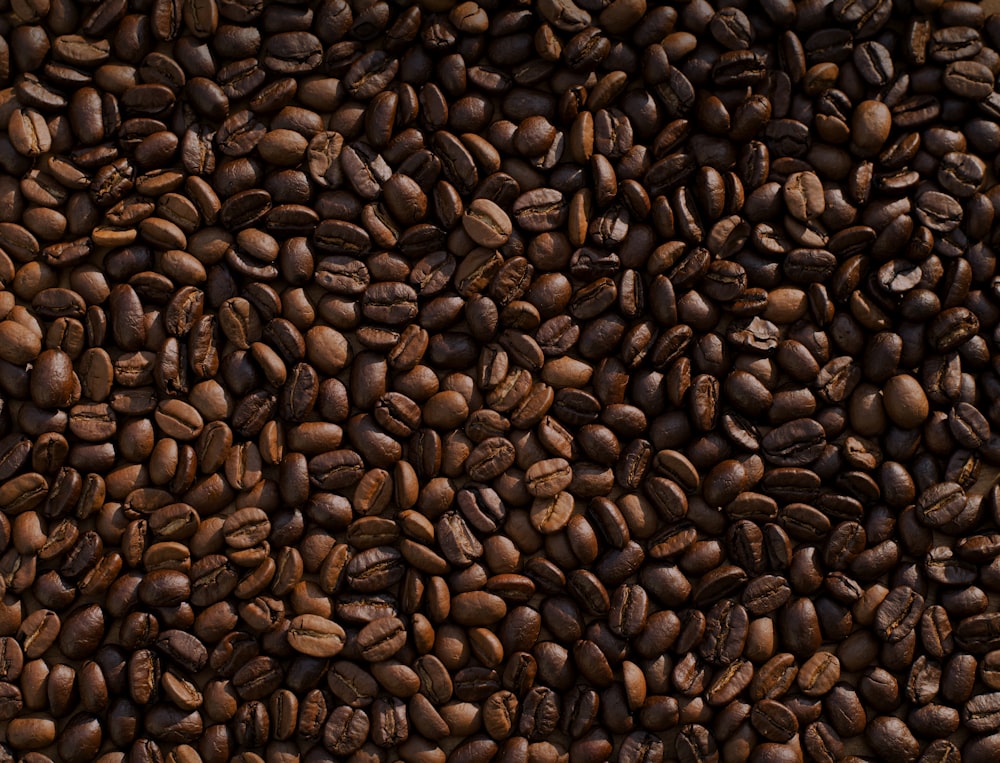

To prevent this, Finnish researchers grew coffee from plant cells in the laboratory. The cellular farming technique was used in the study conducted at the VTT Technical Research Center in Espoo.
The researchers used techniques already used in laboratory meat and milk production. Cells from the leaf of the coffee plant were cultured in the laboratory and then placed in bioreactors to grow.
Finnish scientists have grown coffee in a laboratory setting through cellular agriculture. The researchers noted that the coffee they produced had a traditional taste and smell.
Coming Soon To Envelopes
The Technical Research Center (VTT) in Finland, which consumes the most coffee per capita in the world, has for the first time produced coffee beans from culture cells obtained from the leaves of coffee plants.
“In terms of smell and taste, our trained sensory panel and analytical review found that the brewing profile is similar to ordinary coffee. However, coffee making is an art and involves iterative processes under the supervision of specialists with specialized equipment. Our work forms the basis of such studies,” said Heiko Rischer, the project’s principal investigator.
“Traditional coffee production is famous for various problematic issues such as unsustainable farming methods, exploitation, and land rights. In addition, increasing demand and climate change are raising the problems,” said Rischer.
Noting that Artificial Coffee will help make coffee production more sustainable by eliminating the need for expanded agriculture, Richer says:
“The idea is to use biotechnology for food production instead of traditional farming and therefore provide alternative routes that are less reliant on unsustainable practices. Our method has a lower water footprint and requires less shipping due to local production. No seasonal dependencies, no need for pesticides.”

“The experience of drinking Artificial Coffee for the first time was exciting. I guess we are only four years away from accelerating production and getting regulatory approval,” Rischer said, emphasizing that laboratory coffee could soon find its way into people’s daily lives.
On the other hand, the scientists did a taste test with a sensory panel to ensure that Artificial Coffee was acceptable to consumers. In this context, various coffee varieties produced by the bioreactor were tested. Richer said his favorite is made with dark–roasted fake beans.
On the other hand, it is estimated that the global coffee stock will fall to the lowest level in 10 years as the drought hits the harvest in Brazil. This situation is expected to increase coffee prices, which have increased by 23 percent since the beginning of the year. In its initial projections for world coffee supply and demand in 2021–22, the U.S. Department of Agriculture projected that the global stock would fall by 7.88 million bags to 32.02 million bags.
Stock is expected to drop to its lowest level since 2011. The main reason for such a significant decrease is the decrease in yield due to adverse weather conditions.
Heavy rains in North Sumatra, where around 60 percent of Indonesia’s Arabica production is obtained, are also expected to affect yields negatively.
In September, a different study conducted in the USA stated that climate change would hit food products, especially coffee production.
The study by scientists from New York and Michigan State University states that “60 percent of high–quality coffee types appear to be at risk of extinction due to the adverse effects of climate change.”
At the same time, this means that we will probably pay more for coffee every day for the rest of our lives.




